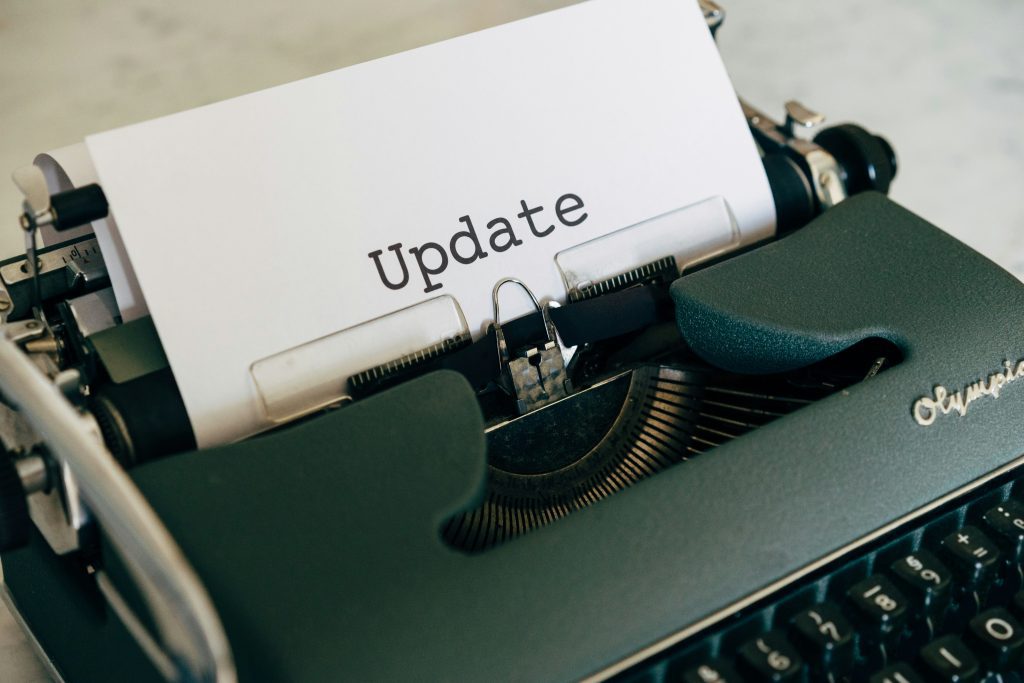On July 4, 2025, the federal government passed the One Big Beautiful Bill (OBBB)—a sweeping legislative package that reshapes tax policy for individuals and businesses alike. We’ve reviewed the bill in detail and want to highlight important changes that could affect your financial planning.
Bonus Deprecation
The One Big Beautiful Bill (OBBB) permanently restored 100% bonus depreciation for qualifying property placed in service after January 19, 2025. Bonus depreciation allows businesses to immediately deduct the full cost of certain capital assets like equipment, furniture, and qualified improvement property, instead of spreading the deduction over several years. Previously, due to the TCJA, bonus depreciation was phasing out: 60% in 2024, 40% in 2025, and 20% in 2026. But OBBBA scrapped the phase-down and made 100% bonus depreciation permanent for property placed in service after January 19, 2025.
Adoption Credit
The One Big Beautiful Bill has made significant improvement to the adoption credit. Now, for adoptions finalized after December 31, 2024, up to $5,000 of the adoption credit is refundable—meaning you can receive that portion as a refund even if you owe no tax. This is a major change from prior law, where the credit was entirely nonrefundable and could only reduce your tax liability to zero, with any unused amount carried forward for up to five years. The rest of the credit remains non-refundable and subject to carryforward. If you’re considering adoption, the new refundable portion of the credit could provide more immediate financial support than ever before.
Increased Estate and Gift Tax Exemption
The 2025 Tax Act increases the basic exclusion amount for estate and gift taxes to $15 million, indexed for inflation, for estates of decedents dying and gifts made after December 31, 2025. This replaces the previously scheduled reduction to $5 million (also indexed for inflation). As a result, each individual can transfer up to $15 million during life and at death combined without incurring federal estate or gift tax. Importantly, gifts that fall within the annual exclusion amount (e.g., $19,000 per recipient in 2025) do not count against this lifetime exemption.
Casualty Losses
The OBBB has expanded the rules for deducting casualty losses—such as those from fire, storm, or theft. While you still generally cannot deduct personal casualty losses unless they are attributable to a federally declared disaster, the OBBB now allows deductions for losses from state-declared disasters as well. For a state-declared disaster, the event must be determined by your state’s governor (or the D.C. mayor) and the Secretary of the Treasury to be severe enough to warrant special tax treatment. This new provision means that, starting in 2026, you may be able to deduct losses from a broader range of disaster events, not just those declared at the federal level. All other personal casualty losses remain nondeductible except to the extent they offset personal casualty gains.
